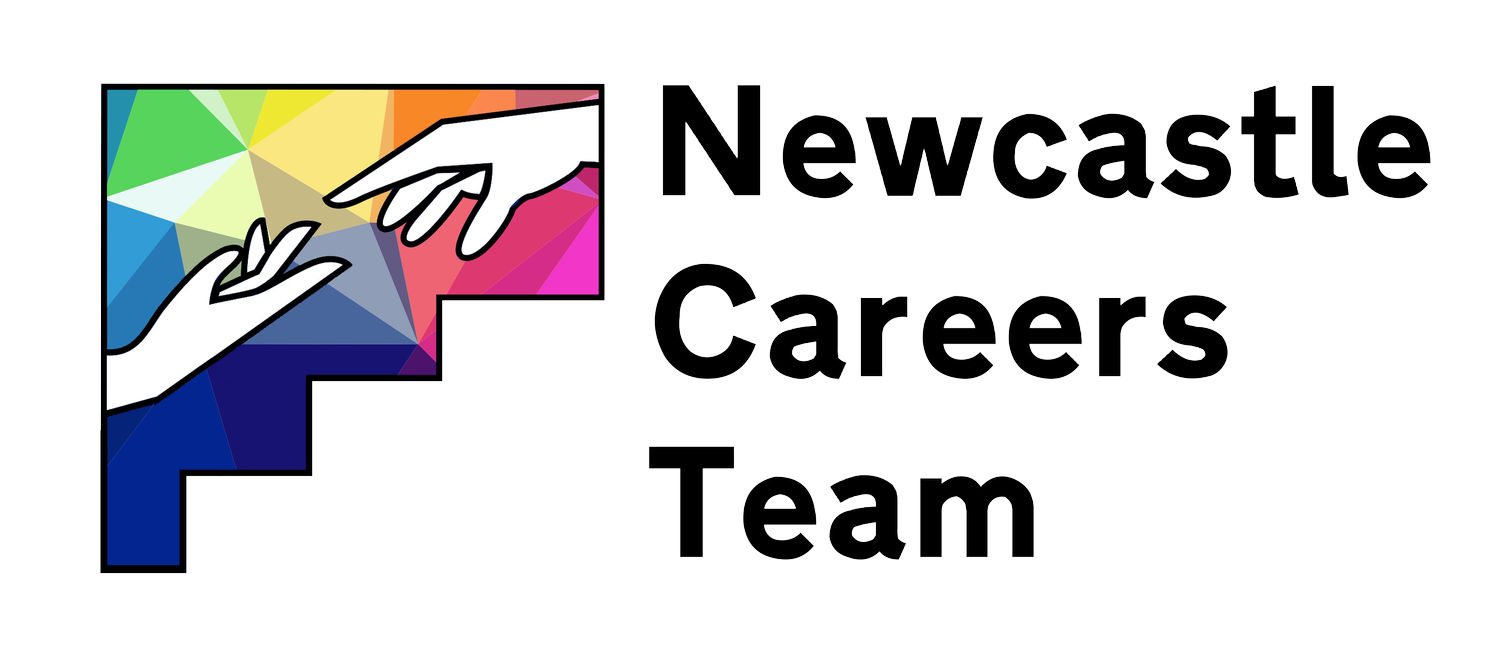
What is a degree qualification?
5 Key Facts
HIGHER LEVEL QUALIFICATION
A degree is a qualification that you’d normally study at university. A typical undergraduate degree would usually take 3 years to complete studying full time.
Different Subjects
There are over 35,000 degree courses available in the UK. These are available in over 60 different subject areas.
JOBS
Some jobs require you to have a degree qualification. These include jobs such a nurse, solicitor, doctor and police officer.
ENTRY REQUIREMENTS
Different degrees will have different entry requirements. All will require you to have level 3 qualifications such as A Levels or BTECs. Some degrees will also have certain GCSE requirements.
Student Finance
Student finance is available to help pay for your time at university. This includes a tuition fee loan which covers your course costs and a maintenance loan which helps towards your living costs.

What is A DEGREE Apprenticeship?
5 Key Facts
earn and learn
Degree apprenticeships allow you to work and get paid a salary like every other employee. You also study to gain a degree qualification.
There are no Tuition Fees
Your degree is paid for by your employer meaning you do not have to pay tuition fees.
varied entry requirements
Entry requirements for degree apprenticeships can vary. Even if you have achieved A Levels some sectors may still require you to complete an intermediate or advanced apprenticeship.
can be hard work
It’s important to remember that doing a degree apprenticeship can be hard work as you will be studying as well as working. Therefore you may not get the ‘traditional’ university experience like other students.
applying
Applying for a degree apprenticeship is similar to applying for a job. This will usually include completing an application form and attending an interview. There may also be assessment tests and a group interview.






